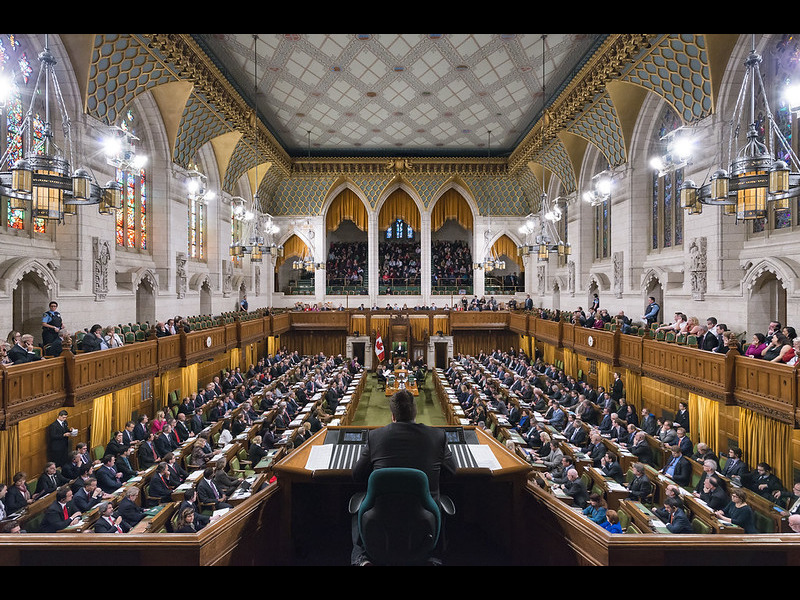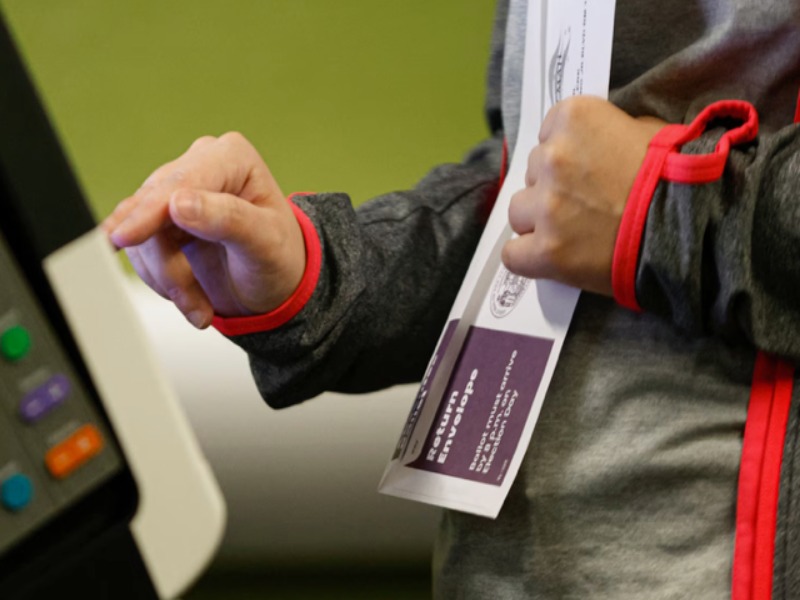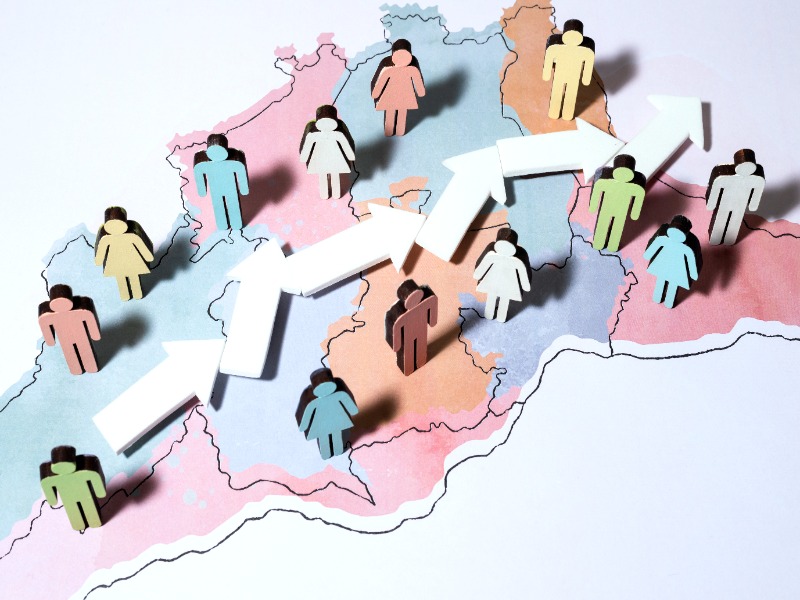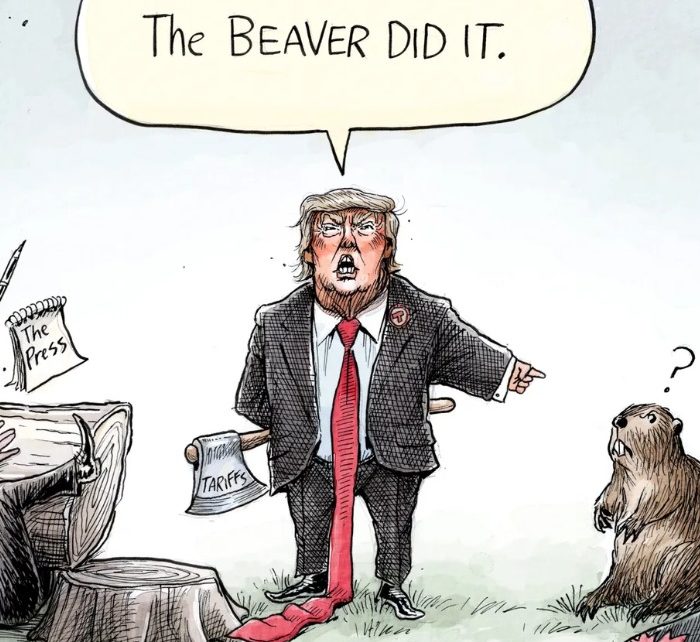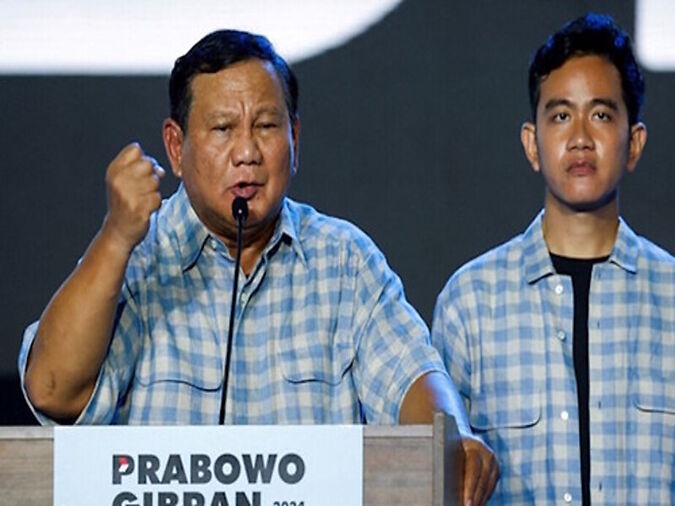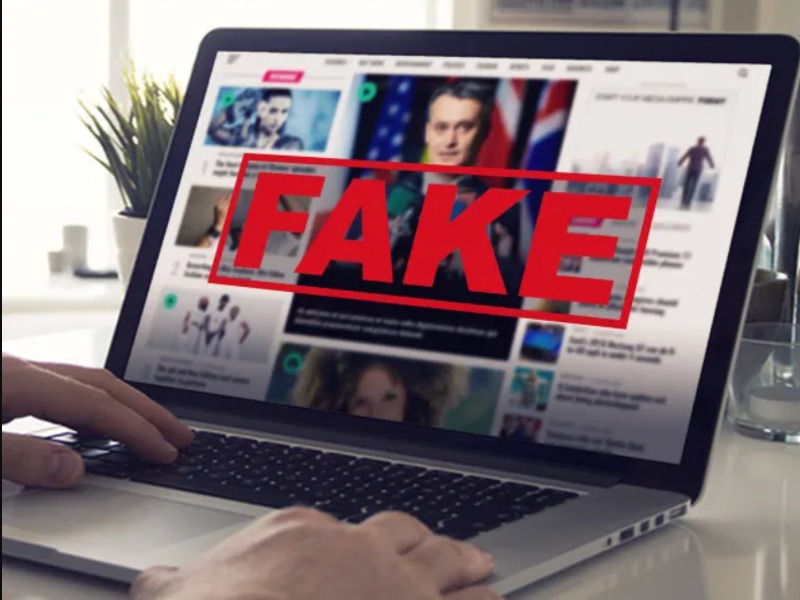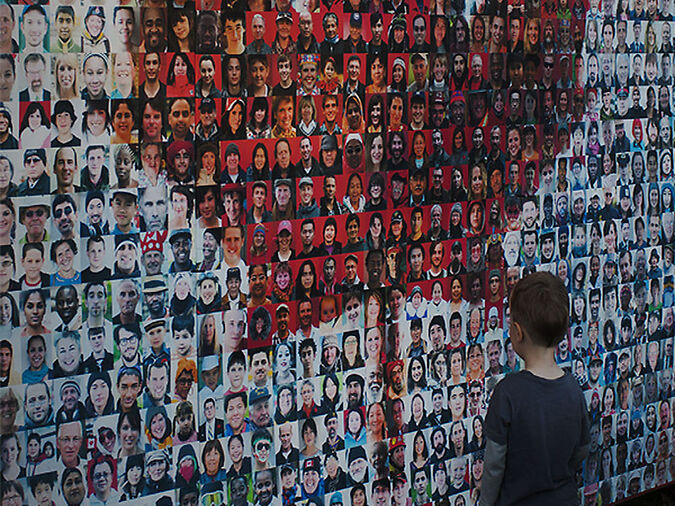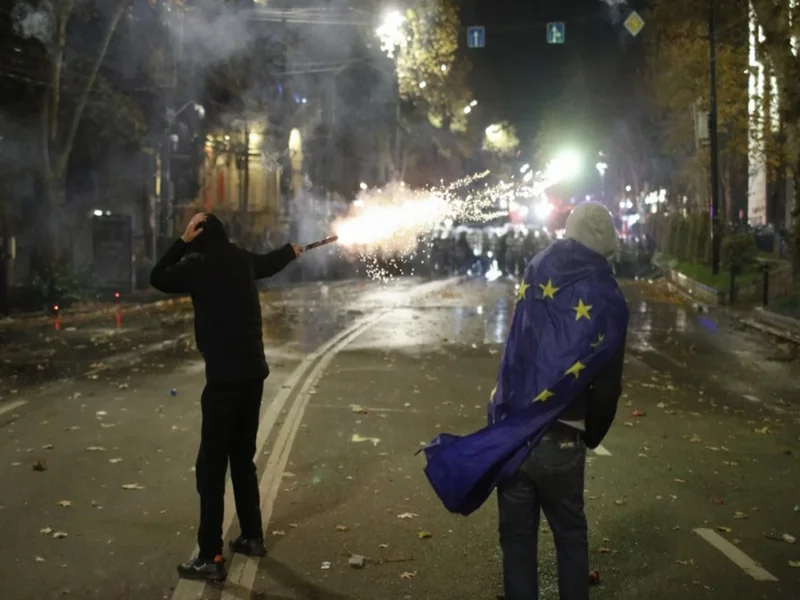In recent years, there have been increased calls for the Canadian government to introduce legislation against disinformation. Tighter laws have been requested in an attempt to reduce the digital flow of deliberately false information in Canadian political discourse around controversies like vaccines, especially during elections. For one, in 2022, Canada’s chief electoral officer Stéphane Perrault Read More…
Centre For Disinformation Studies
The Centre for Disinformation Studies (CDS) is a nonpartisan research and public outreach wing of the NATO Association of Canada, created in April 2019. The goal of the CDS is to facilitate engagement between academics, government, and the public on the topic of disinformation or ‘fake news’. Although disinformation has long been an aspect of human communication, new technologies and a changing international landscape have pushed the idea of disinformation into public awareness in unprecedented ways. The spread of disinformation in recent years has been facilitated by the proliferation of online social networks and digital information-sharing platforms. These new technologies have eroded public trust in conventional sources of information and have helped spread skepticism towards science, academia, and democratic institutions.
The Centre for Disinformation Studies has two main objectives. The first is to provide an interdisciplinary platform for scholars from across the country and beyond to share and discuss research relating to the study of disinformation. The second objective of the CDS is to help disseminate academic research on disinformation to the public in an accessible and engaging manner. By directly engaging the public and helping to bridge the gap between academic research and societal perceptions, the CDS aims to improve the public’s ability to engage critically with information spread through new digital technologies. The CDS also works to strengthen Canadians’ cultural resiliency towards misleading information or conspiracy theories by providing resources to help the public navigate an increasingly confusing information landscape.
Disinformation and Public Health in the Post-Pandemic Era: What COVID-19 Taught Canada and NATO About Resilience
The COVID-19 global pandemic was both a public-health crisis and a catalyst for an infodemic: the flood of misinformation and disinformation that spread as rapidly, if not more rapidly, than the virus itself. A systematic review by the World Health Organization (WHO) found that this infodemic undermined compliance with health measures, fragmented social cohesion, and Read More…
The Culture of Distrust: : How AI Disinformation Exploits Polarization and Democracy
The voice on the line sounded like the President of the United States. It carried his cadence, his gravel, even his familiar pauses. But the words were strange. “Save your vote for the November ballot,” it told thousands of citizens in New Hampshire ahead of the 2024 primary. In reality, the call was orchestrated by Read More…
Canada at the Crossroads: Disinformation as a Domestic Security Challenge
Canada’s greatest security risk may not lie at its borders but in its news feeds. That might sound like a dramatic statement, yet the danger is not abstract. It lives in the information Canadians scroll past each day, in the stories they share, and in the narratives that seep in unnoticed. In a country that Read More…
Canadian Youth at the Intersection of Politics, NATO, and Disinformation
Many young Canadians today are encountering political narratives when scrolling through social media without ever opening a news site or turning on the television. These platforms, while sources of entertainment, are shaping how youth view politics, international institutions, and Canada’s role in the world. According to Statistics Canada, social media is the most common outlet Read More…
The Instrumentalization of Disinformation in the US-Canada Trade War
The trade relationship between Canada and the United States of America (U.S.A) is one of the largest and most integrated in the world, with the combined value of imports and exports between both countries exceeding the $1 trillion mark for the third consecutive year in 2024. Additionally, Canada is the U.S.A.’s most significant export recipient, Read More…
Turning a War Criminal into a Dancing Grandpa
In March 2024, Prabowo Subianto—a controversial former general once banned from the U.S. for rights abuses—secured Indonesia’s presidency through a social media campaign that softened his image with playful content targeting youth voters. Not with lies, but with the use of ‘Gemoy’: an adorable online persona who played with cats and did viral dances, whose Read More…
Weaponized AI: The New Frontline in Global Disinformation Warfare
Synthetic video content has become a permanent feature of today’s digital ecosystem, subtly shaping perceptions and influencing political and social decisions. Alongside this, hybrid warfare, blending conventional military tactics with cyberattacks and disinformation, has become a key strategy for adversaries. By exploiting the openness and connectivity of modern societies, these methods destabilize governments and deepen Read More…
Misinformation and the Asian-Canadian Experience
Misinformation, disinformation, and malinformation (MDM) have long shaped public understanding and state policy, particularly when it comes to racialized and immigrant communities. For Asian Canadians, these false narratives are not a new phenomenon—they are deeply rooted in a colonial framework that defined Asia and its peoples through a lens of Orientalism. Coined by scholar Edward Read More…
“Democracy Is Never A Guarantee:” Georgia’s Young Protesters on the Frontlines Against Russian Disinformation
In October 2024, the Black Sea state of Georgia held a heavily disputed parliamentary election. Foreign policy dominated pre-election discourse among parties. For both the current ruling party and the various parties making up the opposition, the future of relations with the European Union (EU), NATO, and Russia were at the center of the discussion. Read More…

